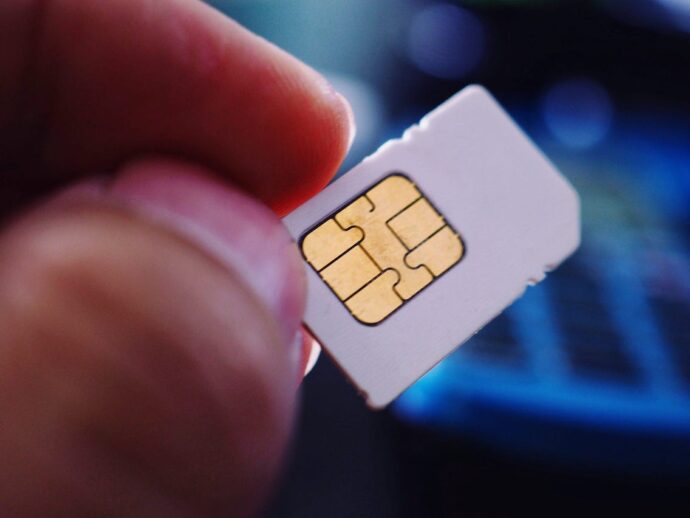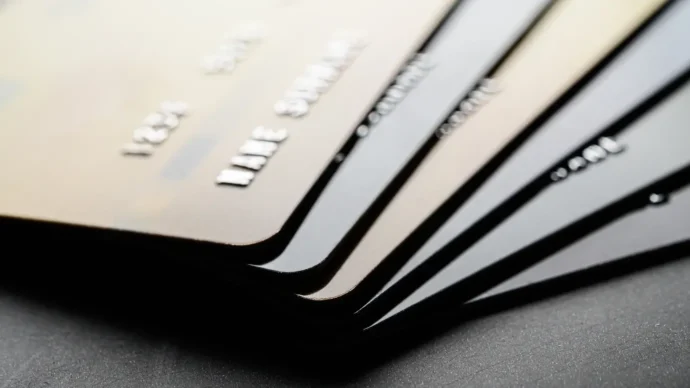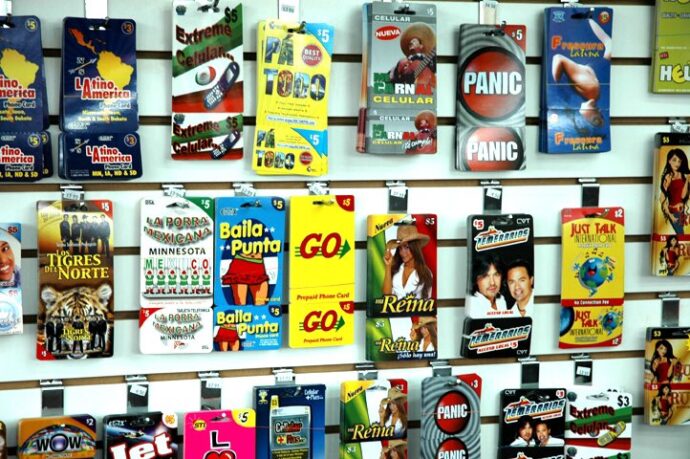For many of us with loved ones overseas, keeping in regular contact is crucial, even if expensive. Typical cell phone plans charge very high rates for international calls ranging from $1-$3 per minute on average. Calling cards have long offered some relief here, but advances in VoIP technology have given rise to a new generation of international phone cards that leverage the internet to connect calls.
These cards provide access to discounted overseas rates that can lower your calling costs substantially. In this guide, we will cover everything you need to know to successfully shop for and use international phone cards.
We’ll discuss what exactly these cards are, how the technology works, where to buy them, common mistakes to avoid, and more. With some savvy shopping and by setting up the right card for your overseas calling needs, you can slash your international calling costs and stay connected affordably. Let’s get started!
What Are International Phone Cards

Source: medium.com
International phone cards are prepaid calling cards that provide access to discounted rates on calls overseas. “Calling card services use lower cost carrier lines and buy call minutes in bulk which means they are able to offer much lower calling rates than major telco providers.” Phil Taylor, www.singaporephonecards.com
These cards first gained popularity years ago as an economical way for immigrants and expatriates to phone relatives back home. Early versions of calling cards were tied to a physical plastic card with a scratch-off PIN code. You would dial a local access number, enter the code when prompted, and then dial the international number after hearing a connection tone.
The call would be connected and billed against the prepaid balance on the card which was decremented as minutes were used. These first calling cards relied on standard telephone networks to connect and route calls.
Not a lot has changed with the new digital version of international phone cards, instead of buying a physical card, the calling card is sent via email. Rates and connection quality can vary substantially depending on the calling card service used.
Doing thorough comparison shopping is advised before purchasing a prepaid international calling card online or from a retailer.
How International Phone Cards Work

Source: blog.xoxoday.com
Using an international phone card requires just a few simple steps to place calls abroad at reduced rates:
- Purchase a prepaid phone card with a set amount of money or minutes loaded. Cards can be bought online, over the phone, or at grocery stores, convenience stores, and other retailers. Prices and rates vary so shop around before purchasing.
- Call the access number for your phone card provider. This connects you to their calling network. Some provide toll-free 800 numbers to call from the US.
- Enter the unique PIN or code printed on your card when prompted. This identifies and authenticates your account.
- Following any messages or prompts, dial the full international phone number including country code and area code.
- Your call will now be connected and billed per minute against the balance remaining on your calling card. Call duration and deductions are often announced periodically.
- When your balance runs low, you’ll need to recharge or purchase another prepaid phone card to continue making discounted international calls`.
As you can see, using prepaid international calling cards is quite straightforward. They offer an easy and affordable way to stay in touch with friends, family members, and business contacts residing in foreign countries. Monitoring your talk times and balances carefully allows you to effectively manage costs.
Mistakes to Avoid With International Phone Cards

Source: blackshirts.info
While international calling cards provide great savings over normal calling plans, there are some pitfalls to be aware of to truly maximize value:
- Failing to Read the Fine Print – Some calling card companies hide extra fees in the small print or have unfavorable expiration policies. Always thoroughly research cards before purchasing and know the rates, fees, and terms.
- Calling Mobile Phones Abroad – Many international phone cards charge substantially higher rates when dialing foreign mobile numbers. Ask the receiver to move to a landline when possible to avoid mobile termination fees.
- Letting Your Balance Expire – With many cards, any unused balance expires after a set timeframe, usually 3-6 months. Avoid wasting those minutes and use up all funds before they vanish.
- Calling Without Comparing Options – Prices and features can vary widely across phone card providers. Take time to shop around instead of buying the first prepaid card you see.
- Making Long Calls from Hotel Rooms – Calling your phone card’s access number from a hotel room abroad frequently incurs costly hotel surcharges after a brief grace period. Keep calls very brief or use a public phone.
Avoiding these common mistakes takes a little diligence but enables your international calling card to stretch much further. Always read reviews, compare rates, check policies, and monitor usage carefully. With prudent usage, calling cards can slash your overseas calling costs.
Conclusion
Using prepaid international phone cards can lead to substantial savings versus standard landline or mobile calling rates when keeping in touch with friends or family abroad. These cards provide discounted per-minute prices by routing calls over the internet using Voice over IP (VoIP) technology instead of relying on expensive telephone networks.
Most modern phone cards work by dialing an access number, entering a PIN code, then dialing the international number after connecting. Rates are deducted in real-time from a prepaid account balance as minutes are used. Managing balances carefully and avoiding common mistakes allows users to maximize the value of their investment.
With prudent shopping around for a reputable phone card service that charges competitive rates to desired countries, these prepaid international calling solutions provide an affordable way to stay connected. As globalization continues making the world feel smaller, being able to affordably call overseas becomes even more invaluable for keeping those long-distance relationships strong.




